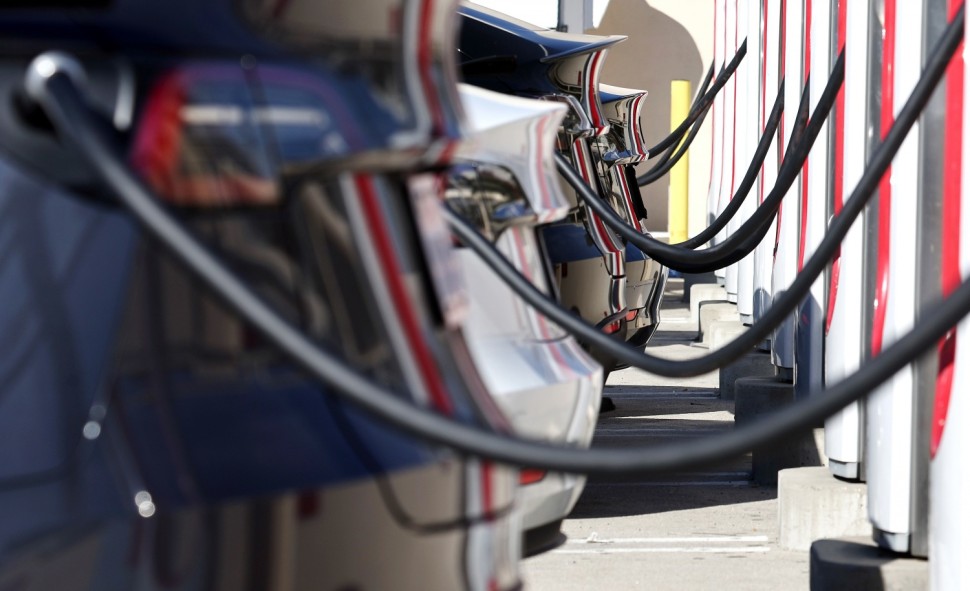President Joe Biden's administration is planning adjustments. These revolve around adopting electric vehicles (EVs) and tailpipe emission cuts, which the car industry has expressed concerns about. These are about the feasibility and cost-effectiveness of the transition. The changes aim for a slower move toward the 2030 environmental targets. This significant move marks a new stage towards America's ongoing shift to green technology.

Why is the Biden Administration Taking a Step Back?
At the heart of these regulatory adjustments is the understanding that the original pace set for EV rollout and emission reductions may not align with current technological and infrastructural readiness. Automakers and the United Auto Workers have expressed that the initial targets for EV adoption were too ambitious, potentially outpacing consumer adoption rates and the development of necessary charging infrastructure. With EVs making up approximately 8% of sales in 2023, the industry argues for a more measured approach to encourage a smoother transition for manufacturers and consumers.
The Environmental Protection Agency (EPA), which proposed in April 2023 a 56% reduction in new vehicle emissions by 2032, is anticipated to relax these requirements. The initial proposal aimed for EVs to make up 60% of new vehicle production by 2030, aiming higher to 67% by 2032. However, the updated regulation, expected to be announced shortly, will likely adjust these figures downward. This change comes in response to feedback suggesting a slower increase in EV production could better suit the industry's and the public's ability to adapt.
What Do Changes to EPA Regulations Mean for the Automotive Industry and Workers?
The United Auto Workers, having endorsed Biden, voiced concerns that too rapid a shift could jeopardize auto jobs. They and the Alliance for Automotive Innovation- a representative body for major automakers like General Motors, Ford, and others- have sought more gradual emission intensity reductions. This collective push highlights a broader industry consensus that while the move toward EVs is inevitable, the path must account for economic, technological, and social realities.
John Bozzella, CEO of the Alliance for Automotive Innovation, emphasized the critical nature of the coming years for the EV market. He advocates for giving market forces and supply chains adequate time to adapt. This includes allowing for the expansion of public charging infrastructure and the effects of the Inflation Reduction Act to manifest fully in the industrial landscape.
Addressing Technological and Environmental Concerns
The revised EPA regulations aim to recalibrate emission and EV production targets and address specific technological and environmental concerns the automotive industry raises. Among these are the proposal to significantly reduce particulate matter emissions from gas-powered vehicles and the objection to eliminating "enrichment" strategies to enhance performance and prevent engine damage.
Furthermore, the automotive industry is closely watching the Energy Department's proposed changes to calculating EV fuel economy under the Corporate Average Fuel Economy (CAFE) program. These changes could introduce steeper fines for non-compliance, sparking additional debate about the best path forward for environmental regulation and automotive innovation.




